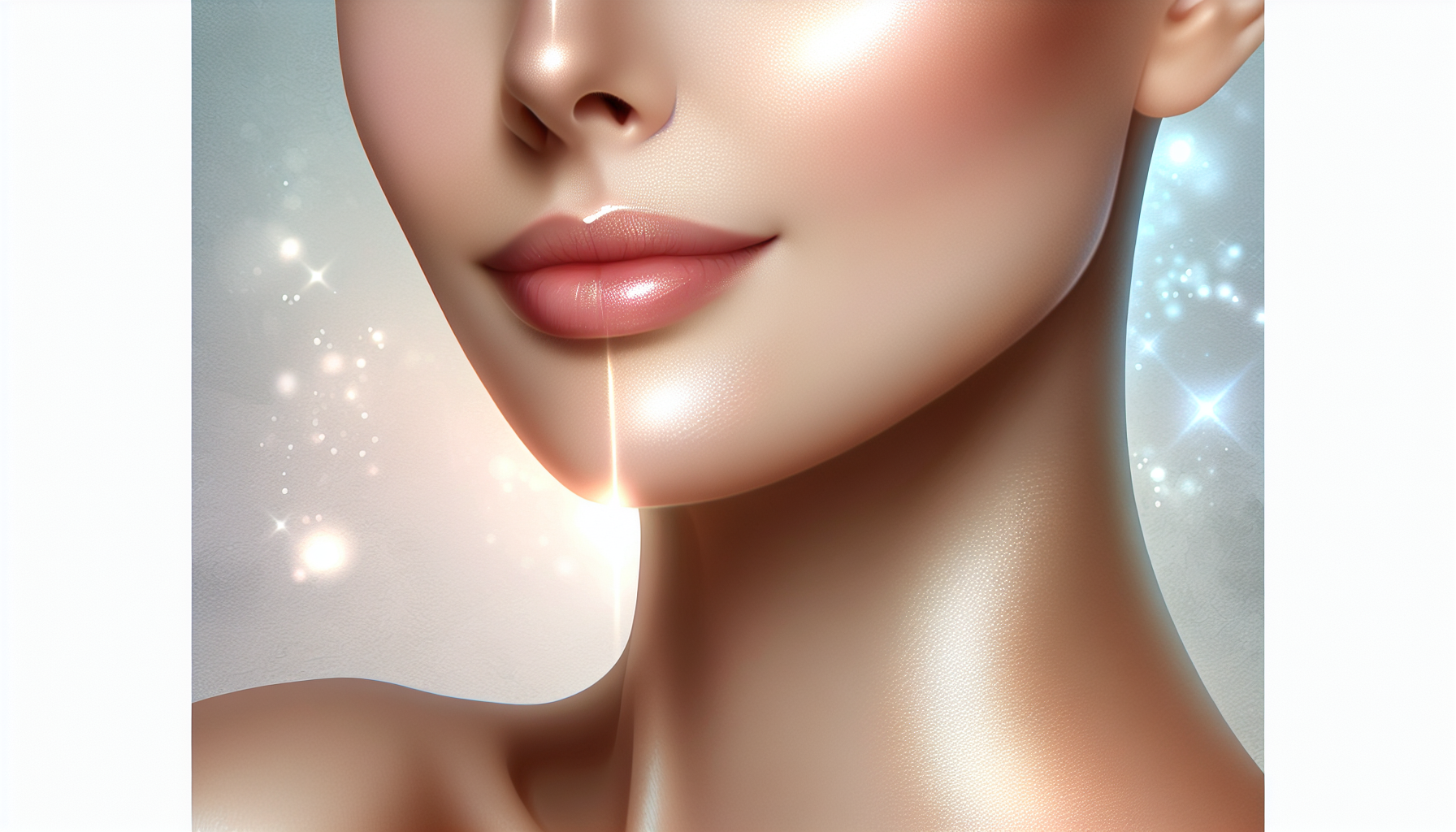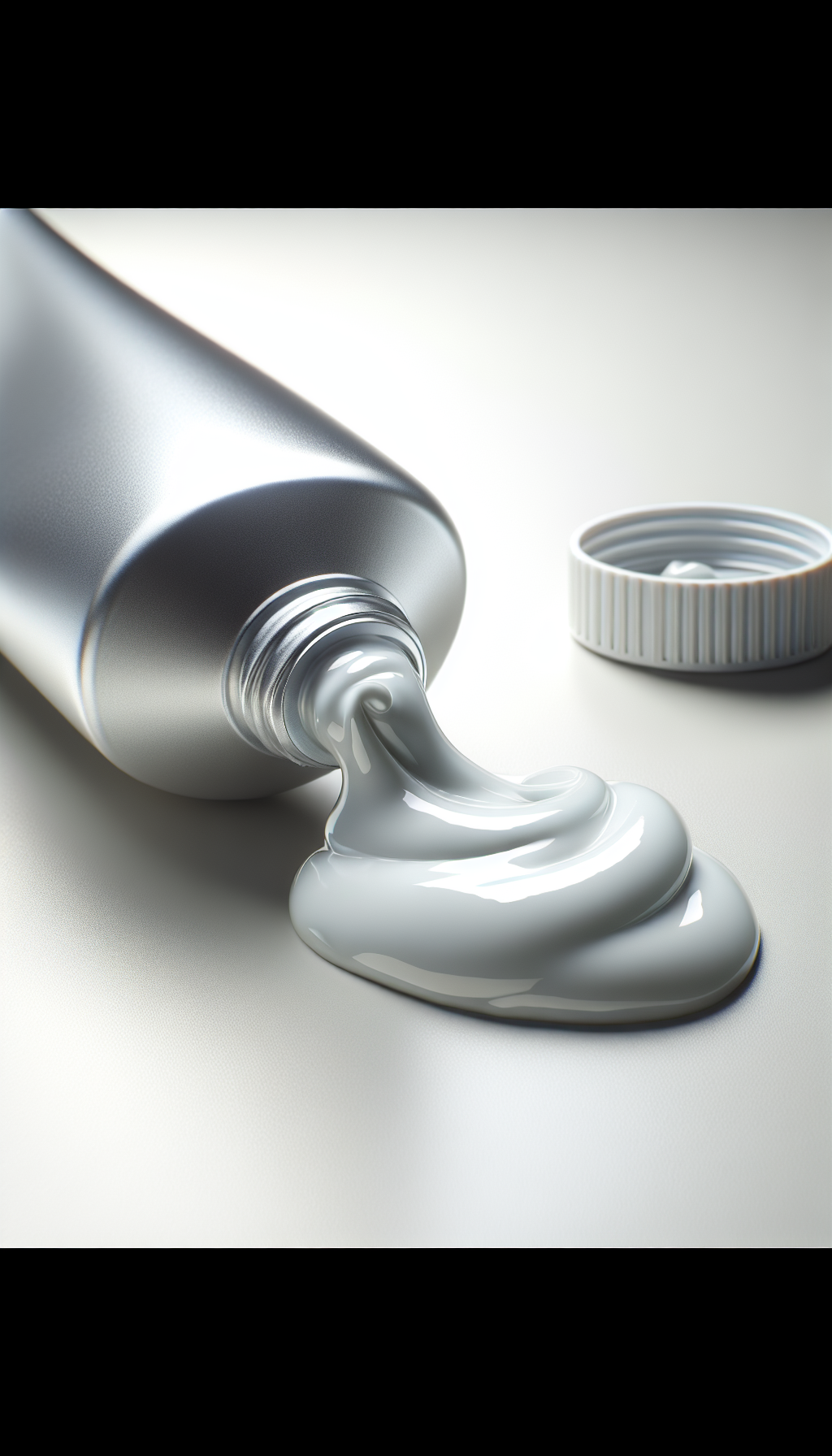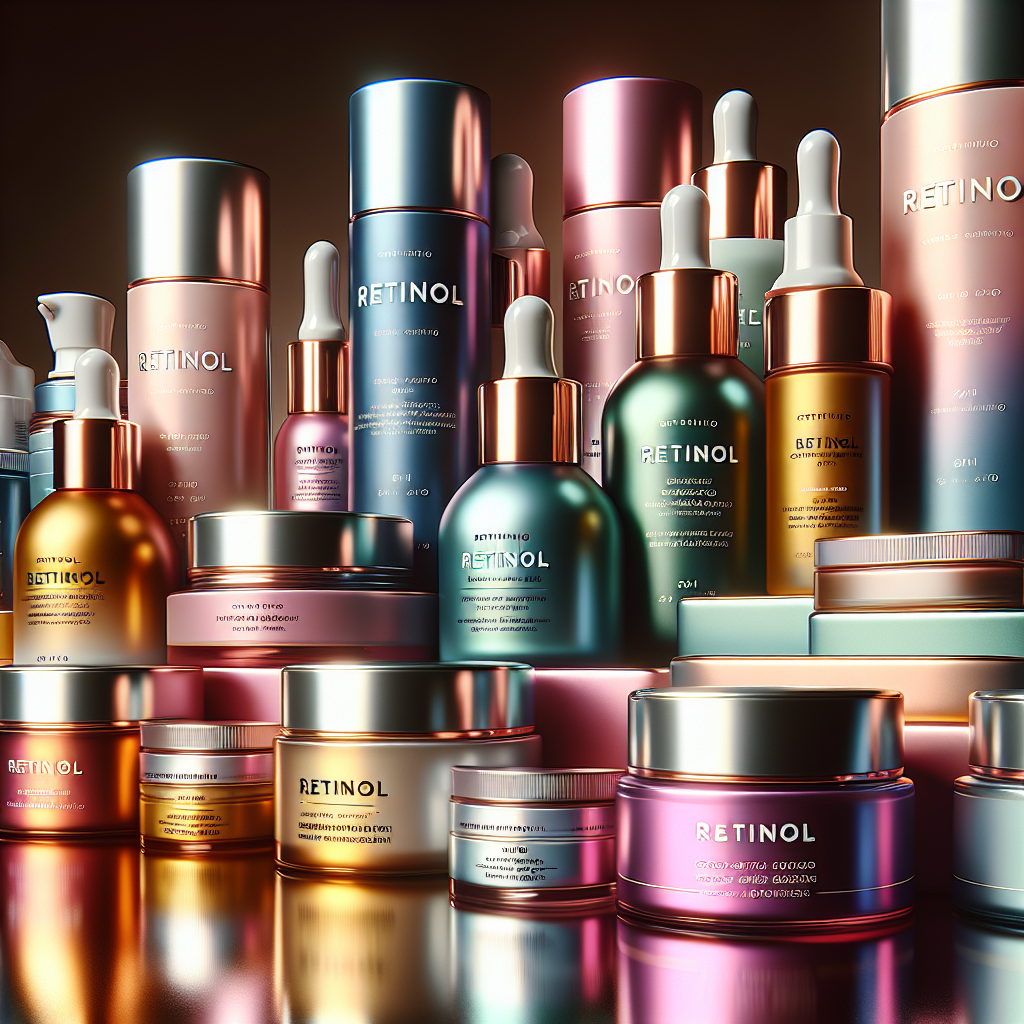Retinol, a derivative of vitamin A, has been the cornerstone of anti-aging skincare for decades. Its efficacy in reversing the signs of aging and improving overall skin texture and tone has made it a go-to ingredient for those looking to maintain a youthful appearance. In this comprehensive exploration, we’ll delve into the science behind retinol, its benefits for skin rejuvenation, and how to incorporate it effectively into your skincare routine.
The Science of Retinol
Retinol is a type of retinoid, which works at a molecular level to promote skin turnover, stimulate collagen production, and even out pigmentation. When applied topically, retinol penetrates the outer layers of the skin to reach the dermis where it helps to neutralize free radicals—molecules that contribute to skin damage and aging.
Collagen Production and Skin Elasticity
One of the key benefits of retinol is its ability to boost collagen production. Collagen is a vital protein that provides structure and elasticity to the skin. As we age, our natural collagen production decreases, leading to wrinkles and sagging skin. Retinol helps to counteract this by stimulating collagen synthesis, which can result in firmer, more pliable skin.
Skin Cell Turnover
Retinol also accelerates skin cell turnover. This process involves shedding old, dead skin cells to make way for new ones. By increasing cell turnover, retinol helps to unclog pores, reduce the appearance of fine lines, and improve skin texture. (Here’s a niche resource on the role of retinoids in dermatology that further explains this mechanism.)
Pigmentation and Tone
Moreover, retinol is known for its ability to even out skin tone and reduce hyperpigmentation. Age spots, sun damage, and other forms of discoloration can be diminished with regular use of retinol, as it inhibits the production of melanin, the pigment responsible for skin coloration.
For an in-depth understanding of how retinol and other factors affect skin health, visit our dedicated section on Skin Health.
Incorporating Retinol into Your Skincare Routine
Integrating retinol into your skincare routine requires a strategic approach. Here are some guidelines to follow:
Start Slow
If you’re new to retinol, start with a lower concentration and apply it sparingly, gradually increasing frequency as your skin builds tolerance. This will help minimize potential irritation, such as redness and peeling.
Use at Night
Retinol can make your skin more sensitive to UV radiation, so it’s best applied at night. During the day, always use a broad-spectrum sunscreen to protect your skin from sun damage.
Combine Wisely
While retinol is potent on its own, combining it with other skincare ingredients can enhance its benefits. For example, vitamin C can be used in the morning to provide antioxidant protection, while retinol is used at night for skin renewal.
The Benefits of Retinol
Retinol boasts a multitude of benefits for the skin, making it a versatile and valuable component in your skincare arsenal.
Reduces Signs of Aging
As a powerful anti-aging ingredient, retinol is renowned for diminishing the appearance of fine lines and wrinkles. Its ability to stimulate collagen and promote elastin production results in smoother and more youthful-looking skin. To understand more about the aging process and how to combat it, consider reading Protecting Skin Against the Aging Effects of Stress.
Improves Texture and Tone
Rough texture and uneven skin tone can be improved with regular use of retinol. By accelerating cell turnover, retinol helps to refine the skin’s surface, resulting in a smoother, more even complexion. For additional tips on enhancing skin texture and tone, check out How to Improve Skin Texture and Tone Naturally.
Fights Acne
Retinol’s ability to unclog pores makes it an effective treatment for acne. It helps prevent pimples and blackheads, while also diminishing acne scars. For those with sensitive skin, a tailored approach may be necessary, and our article on Treating Sensitive Skin with Gentle Skin Care Products offers valuable insights.
Minimizes Pores
Large pores can be a cosmetic concern for many. Retinol helps to refine pore size by promoting a healthy skin cell turnover rate and removing debris that can stretch the pores.
Brightens Dull Skin
Dull skin can be revitalized with retinol. By removing dead skin cells and promoting new cell growth, retinol can help to reveal a brighter, more radiant complexion.
Expert Tips for Retinol Use
To maximize the benefits of retinol and minimize potential side effects, here are some expert tips:
Hydration is Key
Retinol can be drying, so it’s important to pair it with a good moisturizer to maintain skin hydration. Look for products containing hyaluronic acid or ceramides, which can help lock in moisture.
Patch Test
Before using retinol widely, do a patch test to ensure you don’t have an adverse reaction. Apply a small amount behind your ear or on your inner forearm and wait 24 hours to see if there’s any redness or irritation.
Be Patient
Results from retinol use can take several weeks to become noticeable. Consistency is crucial, so continue using retinol as part of your routine for the best results over time.
Adjust as Needed
If you experience irritation, reduce the frequency of retinol application or switch to a lower concentration. Listen to your skin and adjust your routine accordingly.
Consult a Dermatologist
For personalized advice, consult a dermatologist. They can recommend the appropriate retinol concentration and regimen based on your skin type and concerns.
External Resources for Further Reading
For those who wish to delve deeper into the benefits of retinol and its application, here are some high-quality, niche resources:
- A Study on the Efficacy of Retinoids in Wrinkle Reduction
- An Overview of Retinoid Metabolism and Function
- Dermatological Perspectives on the Use of Retinoids
Retinol remains a gold standard in skincare for its transformative effects on the skin. By understanding its benefits and how to use it correctly, you can harness its power to achieve a more youthful, radiant complexion. Remember to protect your investment in your skin by always using sunscreen during the day, as retinol can increase your sensitivity to the sun. With the right approach, retinol can be a safe and effective tool in your skincare routine, providing long-lasting benefits that will keep your skin looking its best.



